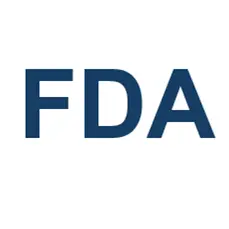Vitamin B3 (niacinamide), also known as niacin, is an essential nutrient that helps convert nutrients into energy. It is essential for the functioning of the digestive system, skin and nerves. Niacin is naturally present in many foods, added to some food products and available as a dietary supplement.
Vitamin B3 (Niacinamide)
Found In
- Beverages
- Eggs
- Greens
- Lean meats
- Salmon
- Soy milk
- Whole grains
- Yeast
Also Known As
- Niacin
- Niacinamide
- Nicotinamide
- Nicotinic Acid Amide
- Vitamine PP
- 3-Pyridinecarboxamide
The Beverage Bottom Line
Vitamin B3 (niacinamide) is authorized for use in the U.S., Europe and Canada.
This ingredient may have authorizations in countries not included on this site.
International Assessments and Authorizations

U.S. Food And Drug Administration (FDA)
Affirmation by FDA this ingredient is generally recognized as safe as a direct human food ingredient. (GRAS FDA-Affirmed, GRAS FDA-Notified)
Information about niacinamide, niacin.
In 2016, FDA issued no objections for a GRAS notice on nicotinamide riboside chloride.
In 2006, dietary reference intakes for niacin were reviewed by the National Academies of Sciences, Engineering and Medicine.
In 1979, the health aspects of niacin and niacinamide as food ingredients were evaluated.

Codex Alimentarius
Essential nutrients may be appropriately added to foods for various purposes.

Health Canada
Permitted for use in supplemented foods.
In 2006, dietary reference intakes for niacin were reviewed by the National Academies of Sciences, Engineering and Medicine.
This page was last updated on 9/9/2025.

